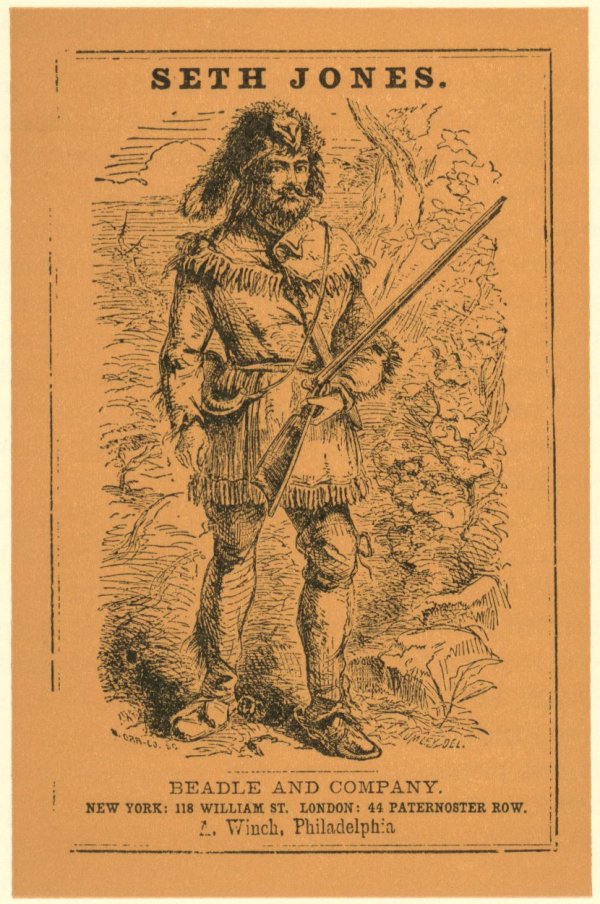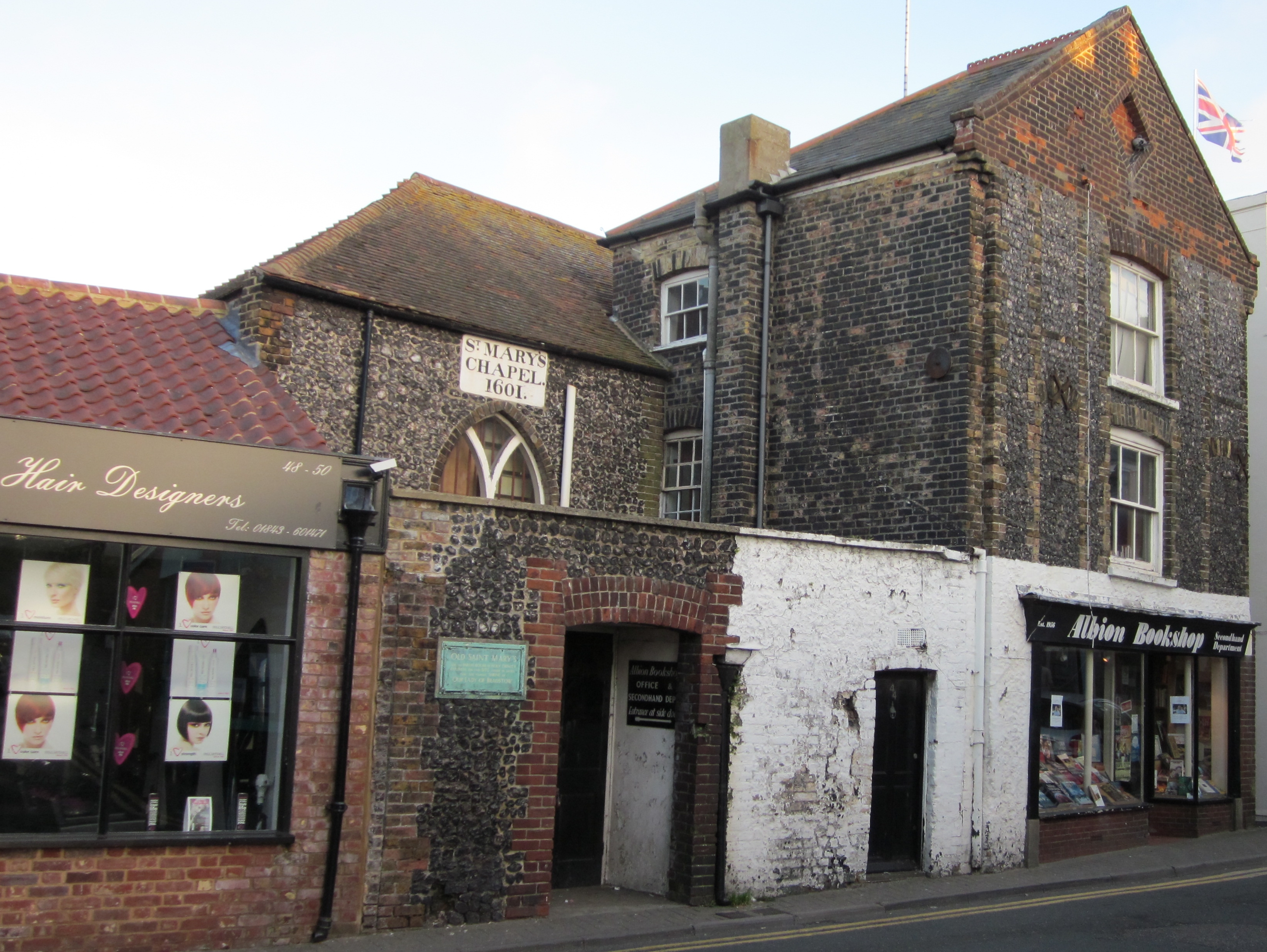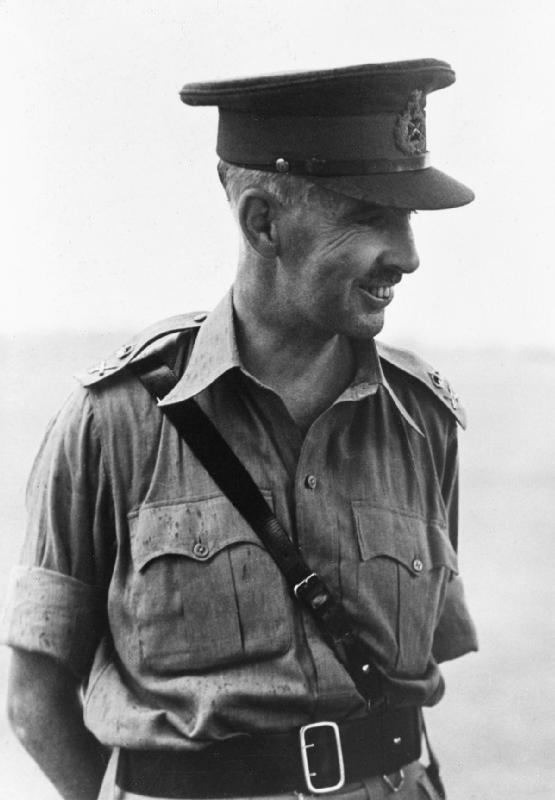|
The Thirty-nine Steps
''The Thirty-Nine Steps'' is a 1915 adventure novel by the Scottish literature, Scottish author John Buchan, first published by William Blackwood and Sons, Edinburgh. It was Serial (literature), serialized in ''Argosy (magazine)#The All-Story, All-Story Weekly'' issues of 5 and 12 June 1915, and in ''Blackwood's Magazine'' (credited to "H. de V.") between July and September 1915, before being published in book form in October of that year. It is the first of five novels featuring Richard Hannay, an all-action hero with a stiff upper lip and a knack for getting himself out of tricky situations. The novel has been adapted many times, including several films and a long-running stage play. In 2003, the book was listed on the BBC's The Big Read, Big Read poll of Britain's "best-loved novels." Plot The story's narrator, Richard Hannay, arrives in London from Rhodesia (region), Rhodesia early in 1914, having made a modest fortune as a mining engineer. Disillusioned with his uneventf ... [...More Info...] [...Related Items...] OR: [Wikipedia] [Google] [Baidu] |
John Buchan, 1st Baron Tweedsmuir
John Buchan, 1st Baron Tweedsmuir (; 26 August 1875 – 11 February 1940) was a Scottish novelist, historian, British Army officer, and Unionist politician who served as Governor General of Canada, the 15th since Canadian Confederation. As a youth, Buchan began writing poetry and prose, fiction and non-fiction, publishing his first novel in 1895 and ultimately writing over a hundred books of which the best known is '' The Thirty-Nine Steps''. After attending Glasgow and Oxford universities, he practised as a barrister. In 1901, he served as a private secretary to Lord Milner in southern Africa towards the end of the Boer War. He returned to England in 1903, continued as a barrister and journalist. He left the Bar when he joined Thomas Nelson and Sons publishers in 1907. During the First World War, he was, among other activities, Director of Information in 1917 and later Head of Intelligence at the newly formed Ministry of Information. He was elected Member of Parliament for ... [...More Info...] [...Related Items...] OR: [Wikipedia] [Google] [Baidu] |
Permanent Secretary
A permanent secretary is the most senior Civil Service (United Kingdom), civil servant of a department or Ministry (government department), ministry charged with running the department or ministry's day-to-day activities. Permanent secretaries are the non-political civil service chief executives of government departments or ministries, who generally hold their position for a number of years (thus "permanent") at a ministry as distinct from the changing political secretaries of state to whom they report and provide advice. The role originated in the Civil Service (United Kingdom), civil service of the United Kingdom and has been adopted in several Commonwealth of Nations, Commonwealth countries as well as other countries influenced by the Westminster system. Country Australia In Australia, the position is called the "department secretary", “secretary of the department”, or “director-general of the department” in some states and territories. Canada In Canada, the senio ... [...More Info...] [...Related Items...] OR: [Wikipedia] [Google] [Baidu] |
Dime Novel
The dime novel is a form of late 19th-century and early 20th-century American popular fiction issued in series of inexpensive paperbound editions. The term ''dime novel'' has been used as a catchall term for several different but related forms, referring to story papers, five- and ten-cent weeklies, "thick book" reprints, and sometimes early pulp magazines.The English equivalents were generally called penny dreadfuls or shilling shockers. The German and French equivalents were called "Groschenromane" and "livraisons à dix centimes", respectively. American firms also issued foreign editions of many of their works, especially as series characters came into vogue. The term was used as a title as late as 1940, in the short-lived pulp magazine ''Western Dime Novels''. In the modern age, the term ''dime novel'' has been used to refer to quickly written, lurid potboilers, usually as a pejorative to describe a sensationalized but superficial literary work. History In 1860, the pub ... [...More Info...] [...Related Items...] OR: [Wikipedia] [Google] [Baidu] |
Broadstairs
Broadstairs () is a coastal town on the Isle of Thanet in the Thanet district of east Kent, England, about east of London. It is part of the civil parish of Broadstairs and St Peter's, which includes St Peter's, and had a population in 2011 of about 25,000. Situated between Margate and Ramsgate, Broadstairs is one of Thanet's seaside resorts, known as the "jewel in Thanet's crown". The town's coat of arms' Latin motto is ''Stella Maris'' (" Star of the Sea"). The name derives from a former flight of steps in the chalk cliff, which led from the sands up to the 11th-century shrine of St Mary on the cliff's summit. The town spreads from Haine Road in the west to Kingsgate (named after the landing of King Charles II in 1683), a hamlet in St Peter parish in the north, and to Dumpton in the south (named after the yeoman Dudeman who farmed there in the 13th century). The hamlet of Reading (formerly ''Reden'' or ''Redyng'') Street was established by Flemish refugees in the 17th ... [...More Info...] [...Related Items...] OR: [Wikipedia] [Google] [Baidu] |
William Buchan, 3rd Baron Tweedsmuir
William James de L'Aigle Buchan, 3rd Baron Tweedsmuir (10 January 1916 – 29 June 2008), also known as William Tweedsmuir, was an English peer and author of novels, short stories, memoirs and verse. He was the second son of the writer and Governor General of Canada, John Buchan."Lord Tweedsmuir" obituary, '''', 9 July 2008, retrieved 9 December 2008 Early life and career Brought up at Elsfield Manor, outside , he frequently wrote poetry as a boy and appeared as "Bill" in his aunt Anna Masterton Buchan's popular n ...[...More Info...] [...Related Items...] OR: [Wikipedia] [Google] [Baidu] |
Duodenal Ulcer
Peptic ulcer disease is when the inner part of the stomach's gastric mucosa (lining of the stomach), the first part of the small intestine, or sometimes the lower esophagus, gets damaged. An ulcer in the stomach is called a gastric ulcer, while one in the first part of the intestines is a duodenal ulcer. The most common symptoms of a duodenal ulcer are waking at night with epigastrium, upper abdominal pain, and upper abdominal pain that improves with eating. With a gastric ulcer, the pain may worsen with eating. The pain is often described as a dyspepsia, burning or dull ache. Other symptoms include belching, vomiting, weight loss, or Anorexia (symptom), poor appetite. About a third of older people with peptic ulcers have no symptoms. Complications may include gastrointestinal bleeding, bleeding, gastrointestinal perforation, perforation, and gastric outlet obstruction, blockage of the stomach. Bleeding occurs in as many as 15% of cases. Common causes include infection with ''Hel ... [...More Info...] [...Related Items...] OR: [Wikipedia] [Google] [Baidu] |
The All-Story Magazine, Jun 5 1915 (IA All Story June 5 1915)
''The'' is a grammatical article in English, denoting nouns that are already or about to be mentioned, under discussion, implied or otherwise presumed familiar to listeners, readers, or speakers. It is the definite article in English. ''The'' is the most frequently used word in the English language; studies and analyses of texts have found it to account for seven percent of all printed English-language words. It is derived from gendered articles in Old English which combined in Middle English and now has a single form used with nouns of any gender. The word can be used with both singular and plural nouns, and with a noun that starts with any letter. This is different from many other languages, which have different forms of the definite article for different genders or numbers. Pronunciation In most dialects, "the" is pronounced as (with the voiced dental fricative followed by a schwa) when followed by a consonant sound, and as (homophone of the archaic pronoun ''thee' ... [...More Info...] [...Related Items...] OR: [Wikipedia] [Google] [Baidu] |
Khaki Drill
Khaki drill (KD) is the British military term for a type of fabric and the military uniforms made from them. History Khaki colour uniforms were first introduced in 1848 in the British Indian Army Corps of Guides. As well as the Corps of Guides, other regiments in India soon adopted the uniform and eventually it was used throughout the British military. Khaki drill was worn as a combat uniform from 1900 to 1949 and was most often used in desert and tropical service. A variant, still referred to as khaki drill or KD, is worn by the British Armed Forces in non-combatant warm-weather countries where the British are actively serving (e.g. personnel stationed at RAF Akrotiri in Cyprus will wear any of four working variants of this uniform). Generally, KD was a series of different uniform patterns of light khaki cloth, generally cotton, first worn by British and British Empire soldiers in the Boer War. Canada developed its own pattern after the First World War, and the uniform w ... [...More Info...] [...Related Items...] OR: [Wikipedia] [Google] [Baidu] |
World War I
World War I or the First World War (28 July 1914 – 11 November 1918), also known as the Great War, was a World war, global conflict between two coalitions: the Allies of World War I, Allies (or Entente) and the Central Powers. Fighting took place mainly in European theatre of World War I, Europe and the Middle Eastern theatre of World War I, Middle East, as well as in parts of African theatre of World War I, Africa and the Asian and Pacific theatre of World War I, Asia-Pacific, and in Europe was characterised by trench warfare; the widespread use of Artillery of World War I, artillery, machine guns, and Chemical weapons in World War I, chemical weapons (gas); and the introductions of Tanks in World War I, tanks and Aviation in World War I, aircraft. World War I was one of the List of wars by death toll, deadliest conflicts in history, resulting in an estimated World War I casualties, 10 million military dead and more than 20 million wounded, plus some 10 million civilian de ... [...More Info...] [...Related Items...] OR: [Wikipedia] [Google] [Baidu] |
Kent
Kent is a Ceremonial counties of England, ceremonial county in South East England. It is bordered by Essex across the Thames Estuary to the north, the Strait of Dover to the south-east, East Sussex to the south-west, Surrey to the west, and Greater London to the north-west. The county town is Maidstone. The county has an area of and had population of 1,875,893 in 2022, making it the Ceremonial counties of England#Lieutenancy areas since 1997, fifth most populous county in England. The north of the county contains a conurbation which includes the towns of Chatham, Kent, Chatham, Gillingham, Kent, Gillingham, and Rochester, Kent, Rochester. Other large towns are Maidstone and Ashford, Kent, Ashford, and the City of Canterbury, borough of Canterbury holds City status in the United Kingdom, city status. For local government purposes Kent consists of a non-metropolitan county, with twelve districts, and the unitary authority area of Medway. The county historically included south-ea ... [...More Info...] [...Related Items...] OR: [Wikipedia] [Google] [Baidu] |
English Channel
The English Channel, also known as the Channel, is an arm of the Atlantic Ocean that separates Southern England from northern France. It links to the southern part of the North Sea by the Strait of Dover at its northeastern end. It is the busiest Sea lane, shipping area in the world. It is about long and varies in width from at its widest to at its narrowest in the Strait of Dover."English Channel". ''The Columbia Encyclopedia'', 2004. It is the smallest of the shallow seas around the continental shelf of Europe, covering an area of some . The Channel aided the United Kingdom in becoming a naval superpower, serving as a natural defence against invasions, such as in the Napoleonic Wars and in the World War II, Second World War. The northern, English coast of the Channel is more populous than the southern, French coast. The major languages spoken in this region are English language, English and French language, French. Names Roman historiography, Roman sources as (or , ... [...More Info...] [...Related Items...] OR: [Wikipedia] [Google] [Baidu] |
First Sea Lord
First Sea Lord, officially known as First Sea Lord and Chief of the Naval Staff (1SL/CNS), is the title of a statutory position in the British Armed Forces, held by an Admiral (Royal Navy), admiral or a General (United Kingdom), general of the Royal Marines. As the highest-ranking officer to serve in the Royal Navy, the chief is the principal military advisor on matters pertaining to the navy and a deputy to the Secretary of State for Defence. In a separate capacity, the CNS is a member of the Chiefs of Staff Committee and, thereby, a military advisor to the National Security Council (United Kingdom), National Security Council, the Prime minister of the United Kingdom, prime minister and the monarchy of the United Kingdom, monarch. The First Sea Lord is typically the highest-ranking officer on active duty of the Royal Navy unless the Chief of the Defence Staff (United Kingdom), Chief of the Defence Staff is a naval officer. The post is currently held by General Gwyn Jenkins, Sir ... [...More Info...] [...Related Items...] OR: [Wikipedia] [Google] [Baidu] |





